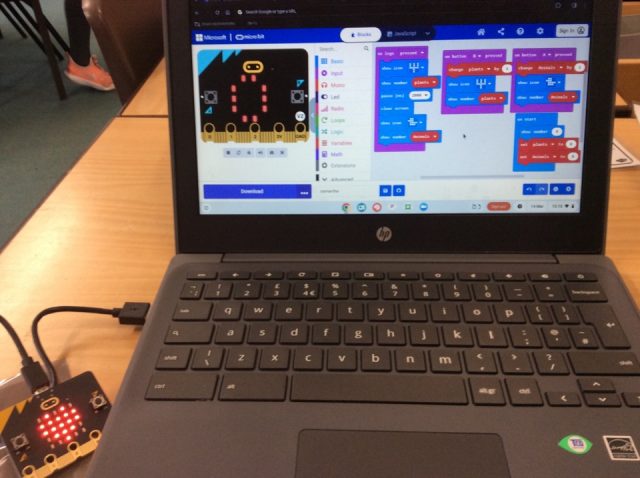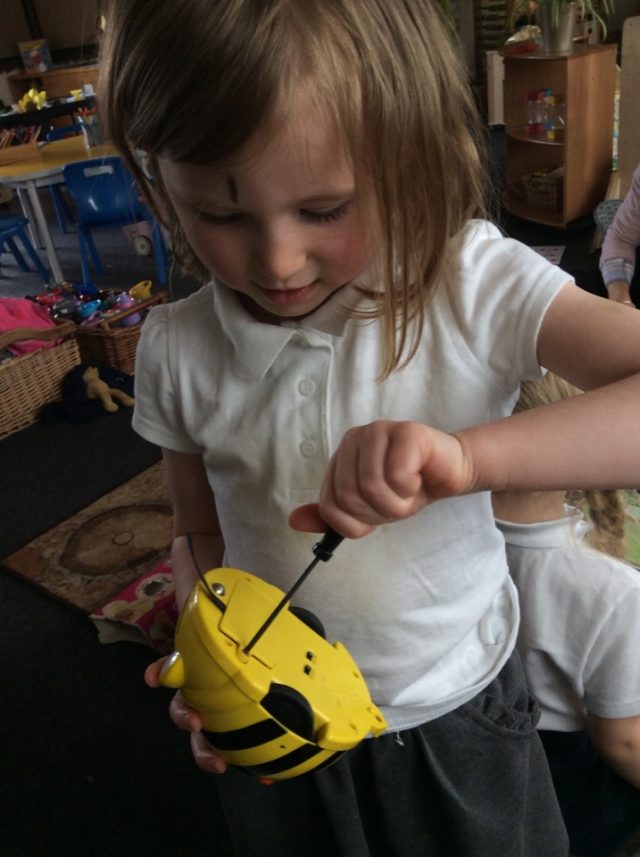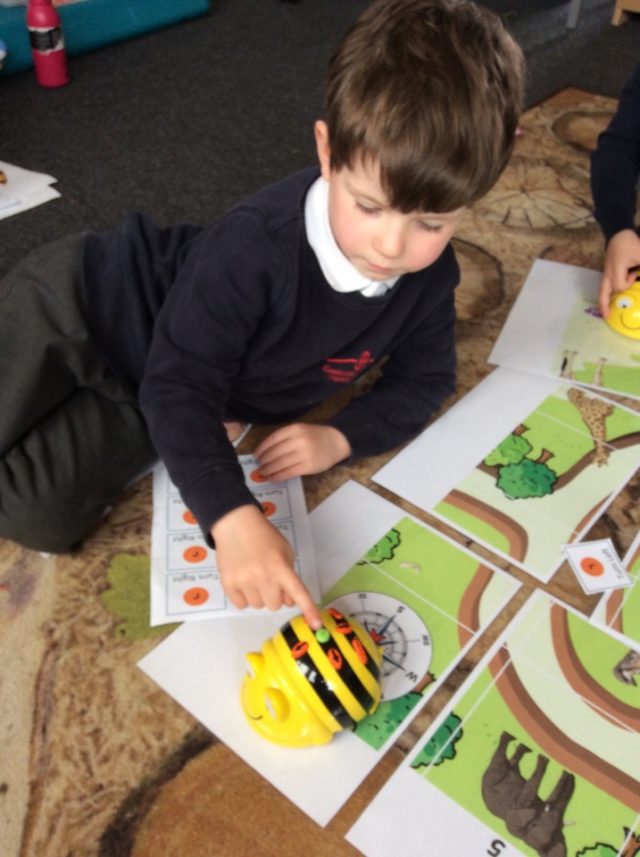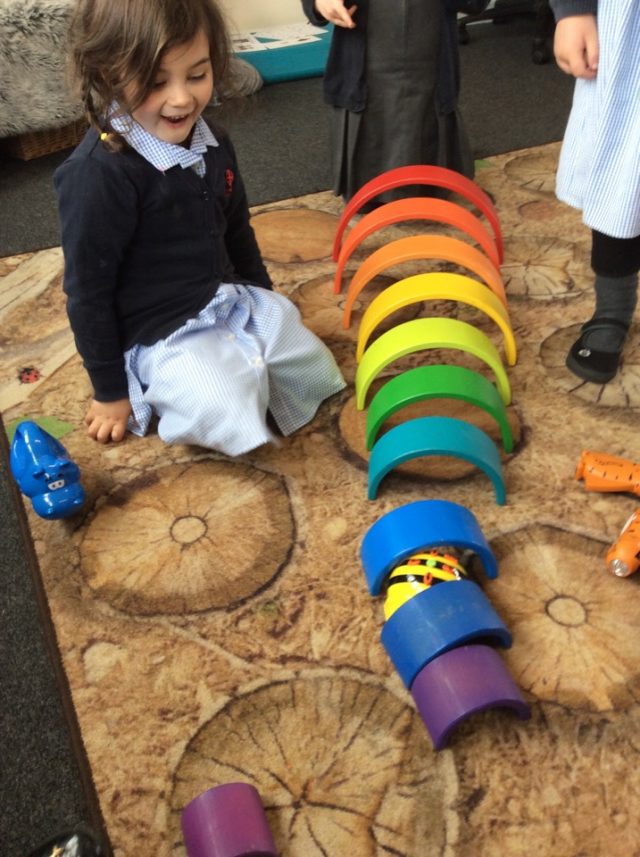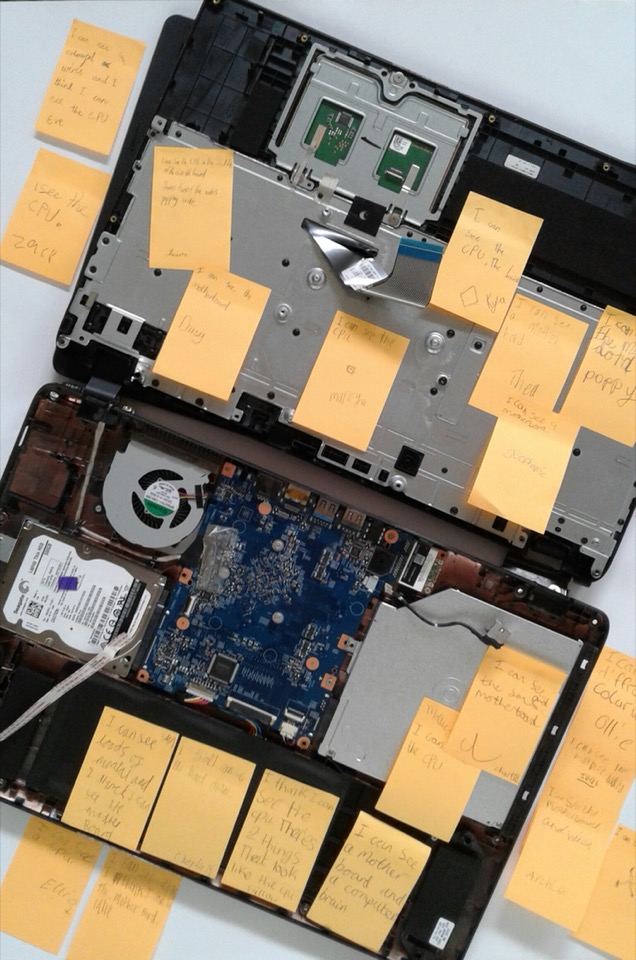Computing
Computing is an ever-growing subject which has links across all areas of learning. We understand that as our children move through primary school, high school and into the world of work, computing will be a prevalent and important aspect of their lives. Through our computing curriculum, we aim to give our pupils the life-skills that will enable them to embrace and utilise new technology in a socially responsible and safe way. We want our pupils to be aware of the career opportunities that computing offers in the 21st century and to become proficient users of computing technologies, deriving enjoyment from their activities. We want the use of technology to support learning across the curriculum and to ensure that our curriculum is accessible to every child.
Computing is taught from the Early Years Foundation Stage and throughout both Key Stage 1 and 2. We have sets of iPads and Chromebooks available for the children to use both in their computing lessons and in other areas of the curriculum. In line with the expectations set out in the computing curriculum, children have the opportunity to learn in computer science, information technology and digital literacy with computation thinking threaded throughout the curriculum.
Computer Science
Computer Science has two elements: programming, and systems and networks. Children have the opportunity to learn programming through a variety of programmes such as Scratch and physical devices such as micro:bits and Beebots. Through our computer science lessons, we want our children to develop creativity, resilience and problem-solving skills by learning how to be ‘computational thinkers’. During lessons on systems and networks, children learn about how the internet works and how computers and related devices work together. They have opportunities to get hands on and take apart pieces of hardware to find out what lies beneath and make links with the design and technology curriculum.
Information Technology
Information Technology involves using different software to create, present, save, retrieve and edit information. Children develop this skill using various softwares as well as exploring online apps and design tools such as Canva. Much of the work is cross-curricular, feeding into and enhancing work in other subjects.
Digital Literacy
Digital Literacy refers to the ability to find, evaluate, use and communicate online information and to ultimately make good choices in a digital world. Through the process of gaining digital proficiency, children can strengthen their critical thinking skills and build a strong foundation for making informed decisions. We aspire for our children to have a breadth of experience to become responsible digital citizens in the local communities and wider global digital community whereby our behaviour choices online reflect those in the real world.
Online Safety
Throughout our computing curriculum, we explore opportunities to keep children safe. All children receive lessons in e-safety every year and we are currently embedding online safety lessons in line with the framework developed by the UK Council for Internet Safety: Education for a Connected World 2020.
Subject Ambassadors
Every year we take applications from children across the school who wish to become Computing Ambassadors. We select children who have the enthusiasm, skills and dedication to work hard for our school to ensure that many aspects of computing are moving forwards. The Ambassadors meet with Mrs Cross, the Subject Lead, and support a range of activities such as: collecting pupil voice, monitoring, hardware audits, suggesting activities and competitions to raise the profile of computing.
Computing can contribute to SMSC development by:-
- Making clear the guidelines about the ethical use of the internet and other forms of communications technology.
- Acknowledging advances in technology and appreciation for human achievement.



